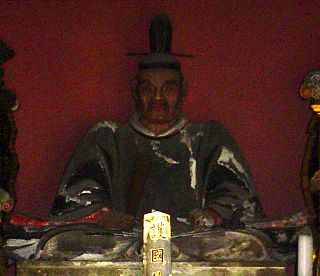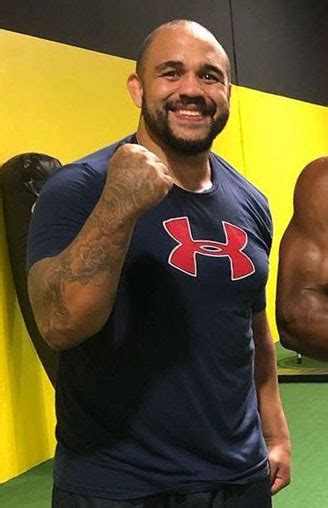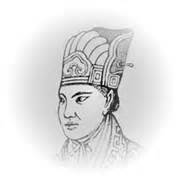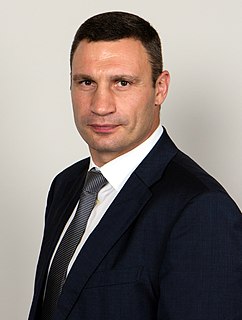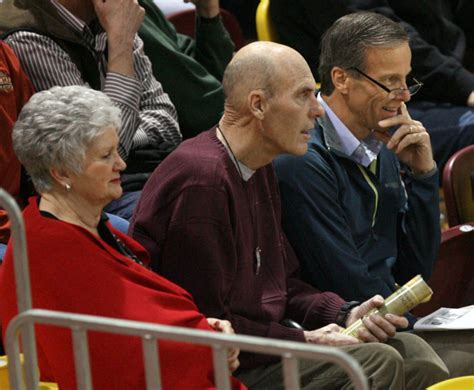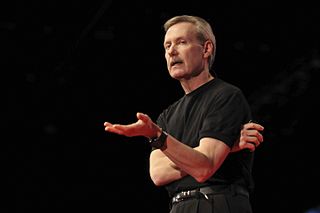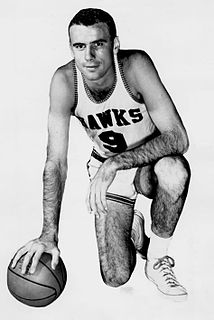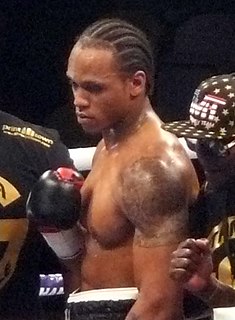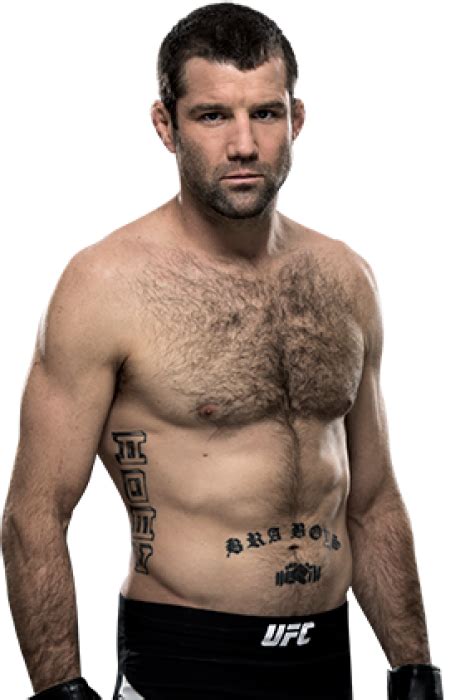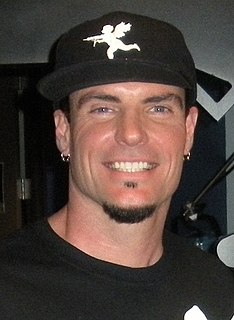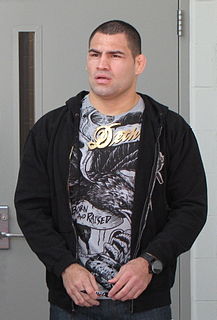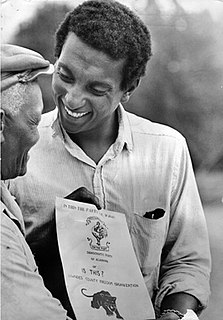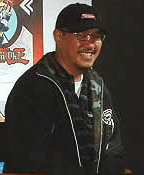A Quote by Yagyu Munenori
Once a fight has started, if you get involved in thinking about what to do, you will be cut down by your opponent with the very next blow.
Related Quotes
Once committed to fight, cut. Everything else is secondary. Cut. That is your duty, your purpose, your hunger. There is no rule more important, no commitment that overrides that one. Cut. Cut from the void, not from bewilderment. Cut the enemy as quickly and directly as possible. Cut decisively, resolutely. Cut into the enemy’s strength. Flow through the gaps in his guard. Cut him. Cut him down utterly. Don’t allow him a breath. Crush him. Cut him without mercy to the depths of his spirit." -Richard Rahl
When you go out on the court whether it be for the championship or just a scrimmage, have confidence that your abilities and what you've learned in your drills are better than your opponent's. This does not mean you should disregard your opponent. Before taking the court for any game, you should do a lot of thinking about what you have to do to beat your opponent and what he must or can do to beat you.
I was just glad I've got an opponent, to be honest. This is my third opponent for this fight prep. [I'm over the moon] to be fighting in my hometown and I just didn't want that taken away. The fact that they've got me a new opponent, I'm not bothered who it is. I just focus on what I can control in my preparation and that's all I've got to worry about. My opponent changes but they're all great fighters in the UFC. Doesn't matter who you step in there with, it's going to be a tough fight.
I know this will blow your mind, but most people would probably never ever get it, but I listen to classical music when nobody else is around. It calms me down and I can get into this, like, deep thinking mode, you know, because there's really no lyrics to it, so you're not following something that - that you're listening to a story.
A continent ages quickly once we come. The natives live in harmony with it. But the foreigner destroys, cuts down the trees, drains the water, so that the water supply is altered, and in a short time the soil, once the sod is turned under, is cropped out and, next, it starts to blow away as it has blown away in every old country and as I had seen it start to blow in Canada. The earth gets tired of being exploited.
